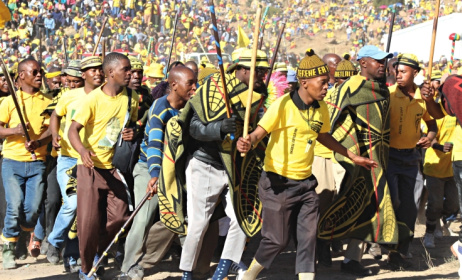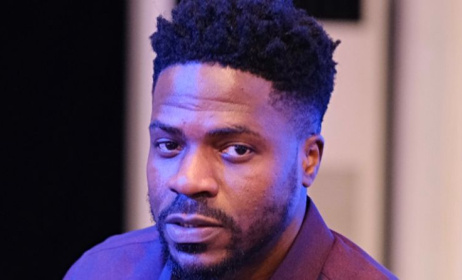Freemuse launches campaign to tackle artistic violations online
Artists' rights organisation Freemuse has launched a campaign called #KnowArtisticRights alongside a digital toolkit, which will seek to tackle violence and censorship online.
 Freemuse executive director Srirak Plipat.
Freemuse executive director Srirak Plipat.
The launch took place during the opening of the annual RightsCon summit on human rights in the digital age, which kicked off on 27 July and will run until 31 July. This years’ edition is being held online due to COVID-19 restrictions on travel and public gatherings.
Freemuse says the digital toolkit, which is a seven-page document, will seek to educate artists, activists, policymakers and corporate leaders about the digital rights that creatives have.
It also gives guidance on what to do when their right to artistic freedom has been violated, and outlines good practices on social media and streaming platforms such as Twitter, Facebook and YouTube.
The document lists challenges such as hacking, false profiles, insults or verbal attacks, threats of violence, extortion and censorship, among other issues, that may violate artistic freedom rights online.
In any of these cases, Freemuse says artists should either block, mute and/or delete their social media accounts, seek legal assistance, protect their visuals and location, take a break from online activity or reclaim the narrative.
"This toolkit contains practical information and advice to navigate challenges online, including securing information, access and devices online, encrypting communication, handling harassment and threats, and engaging with social media community guidelines and content controls," the document reads
Speaking at the launch, Freemuse executive director Srirak Plipat said: "We would like to send a clear message to artists: you are protected by human rights mechanisms and frameworks, your work is important, and you have the right to express yourself artistically in all spaces – free from fear of harassment or censorship."
In April, Freemuse released the State of Artistic Freedom 2020 report, which is based on interviews with artists from 13 countries who have experienced violations of their artistic freedom.
View the Freemuse digital toolkit here.



























Comments
Log in or register to post comments